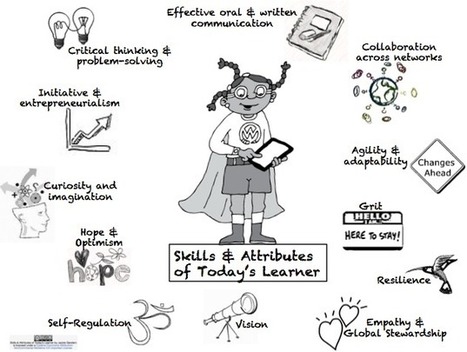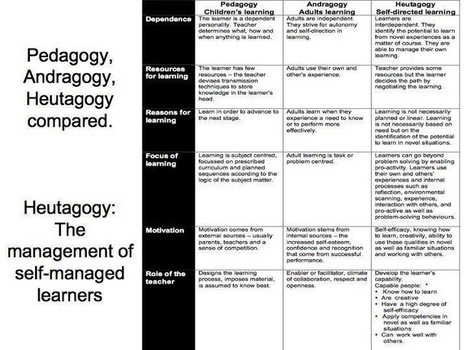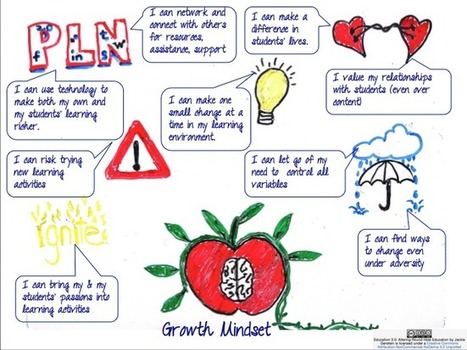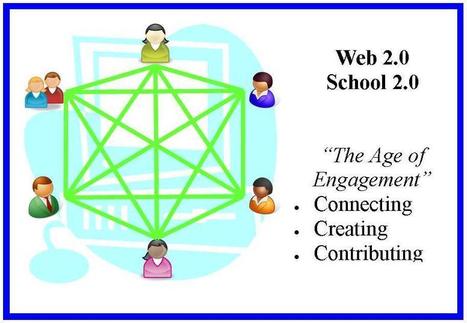The educator's role has or should change in this age of information abundance or Education 2.0-3.0. The educator's role has always been to model and demonstrate effective learning, but somewhere ...
|
|
Scooped by Beth Dichter |
Beth Dichter's insight:
The world is changing at an ever growing pace and in todays world students need to learn "how to learn." How do we as teachers help our students learn "how to learn"? By modeling it in our daily work with our students we can instill the skills and help them understand that we too are in the process of learning.
Jackie Gerstein provides a post that explores how our roles are changing and how the roles of our learners are chaning because of Education 2.0-3.0 (with a link to a post that describes this).
What does "teaching the process of learning" mean? A few of her points are below:
- Modeling of learning processes needs to be intentional, strategic, and overt.
- The educator should be familiar with and able to demonstrate metacognitive processe.
There are two additional points (well worth reading) as well as three points on shifts that need to be made for this to occur. As always Gerstein brings up an issue, provides insight into the issue as well as links to additional resources, and make you sit back and think about your teaching and your classroom.



 Your new post is loading...
Your new post is loading...


















I especially like the idea of modeling by explaining what thought processes one is going through when demonstrating or learning a task. It could be helpful to apply this when demonstrating how to do research or how to search a database.
Some good resources here.
Interesting.